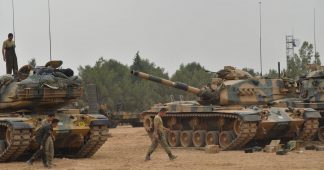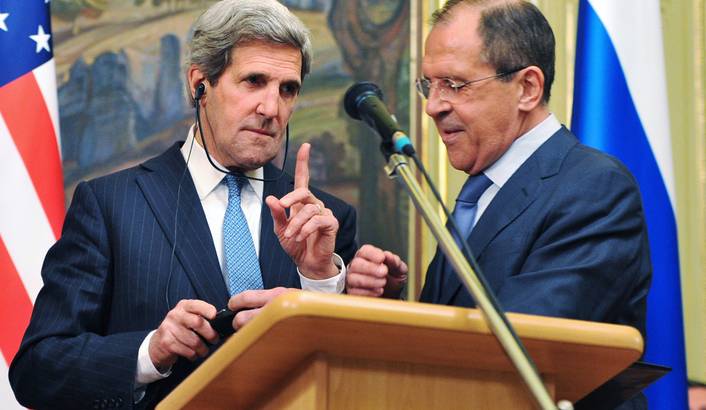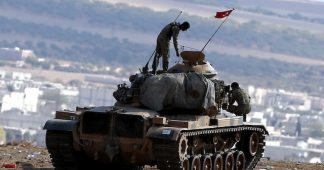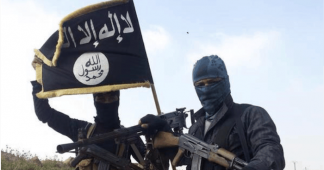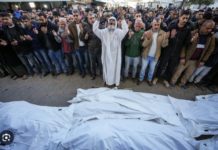By David Ignatius
The U.S. military campaign to seize the Islamic State’s capital, Raqqa, may be delayed because of a nasty fight between Turkey and the Syrian Kurdish militia known as the YPG.
Sadly, it’s a classic Middle East moment, when regional players’ mistrust of each other overwhelms their common interest in fighting the terrorist Islamic State. And, equally sadly, it’s a moment that illustrates the frailty of the United States’ Syrian policy, which has built its military plans on the treacherous fault line of Turkish-Kurdish enmity.
In disentangling this story, let’s start with the Syrian Kurds. U.S. military officials say they have consistently been the strongest force against the Islamic State. They drove the jihadists from Kobane in ferocious fighting in 2014 and 2015; in February, they captured the town of Shadadi , to the east of Raqqa; this month, they completed the encirclement of Raqqa by taking Manbij to the north.
Read the full article on The Washington Post
